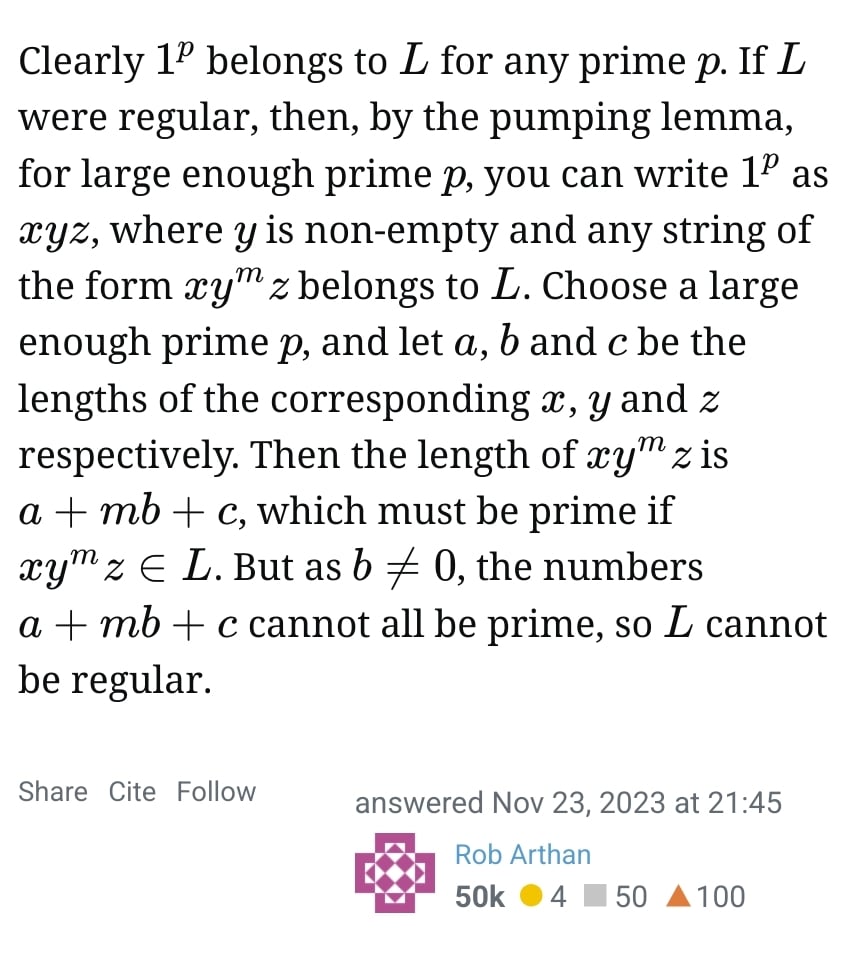

This is not what I would consider a “political reason”. A political reason would be something like refusing to package it because of what political party Howard supports.
There is plenty of software you’ll find in these repositories that aren’t under the GPL. CMake uses BSD, the Apache web server uses the eponymous Apache license, LibreOffice and Firefox use MPL, Godot and Bitcoin Core use the MIT license, and I’m sure there are plenty of other software licenses that I haven’t thought of yet.





Did any distro give concrete reasons for why they have actively chosen not to package it, or perhaps they just haven’t given it much thought yet?